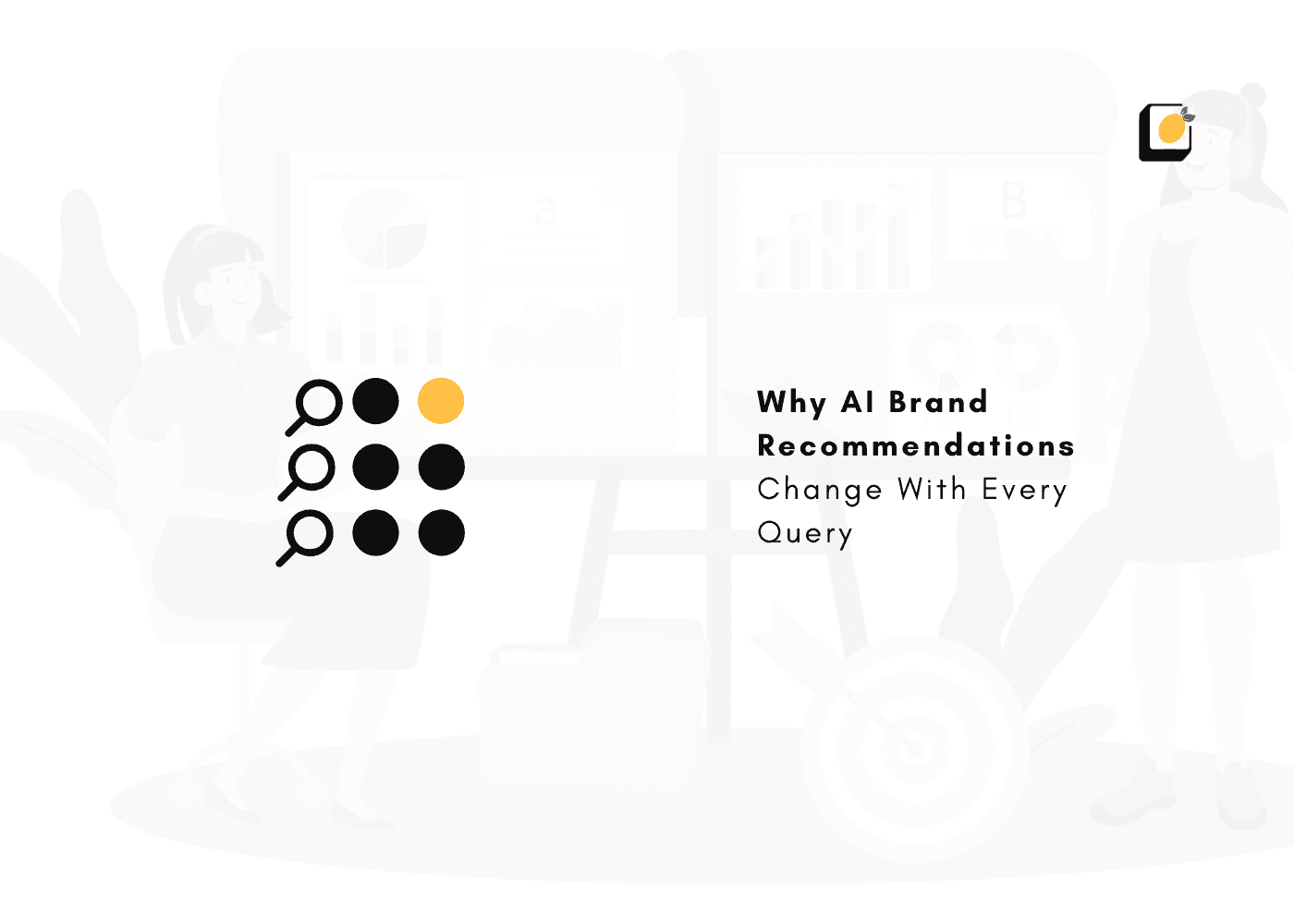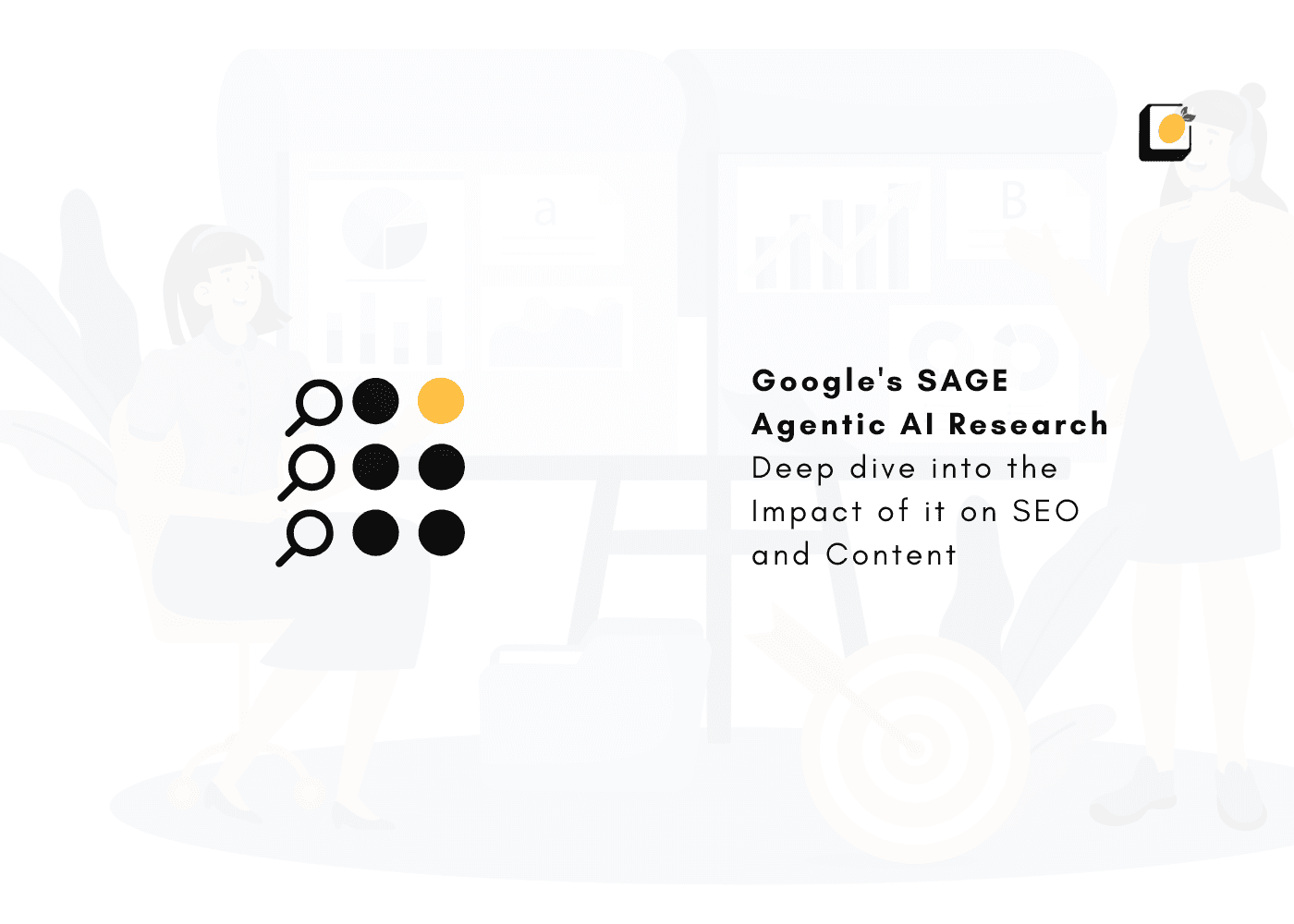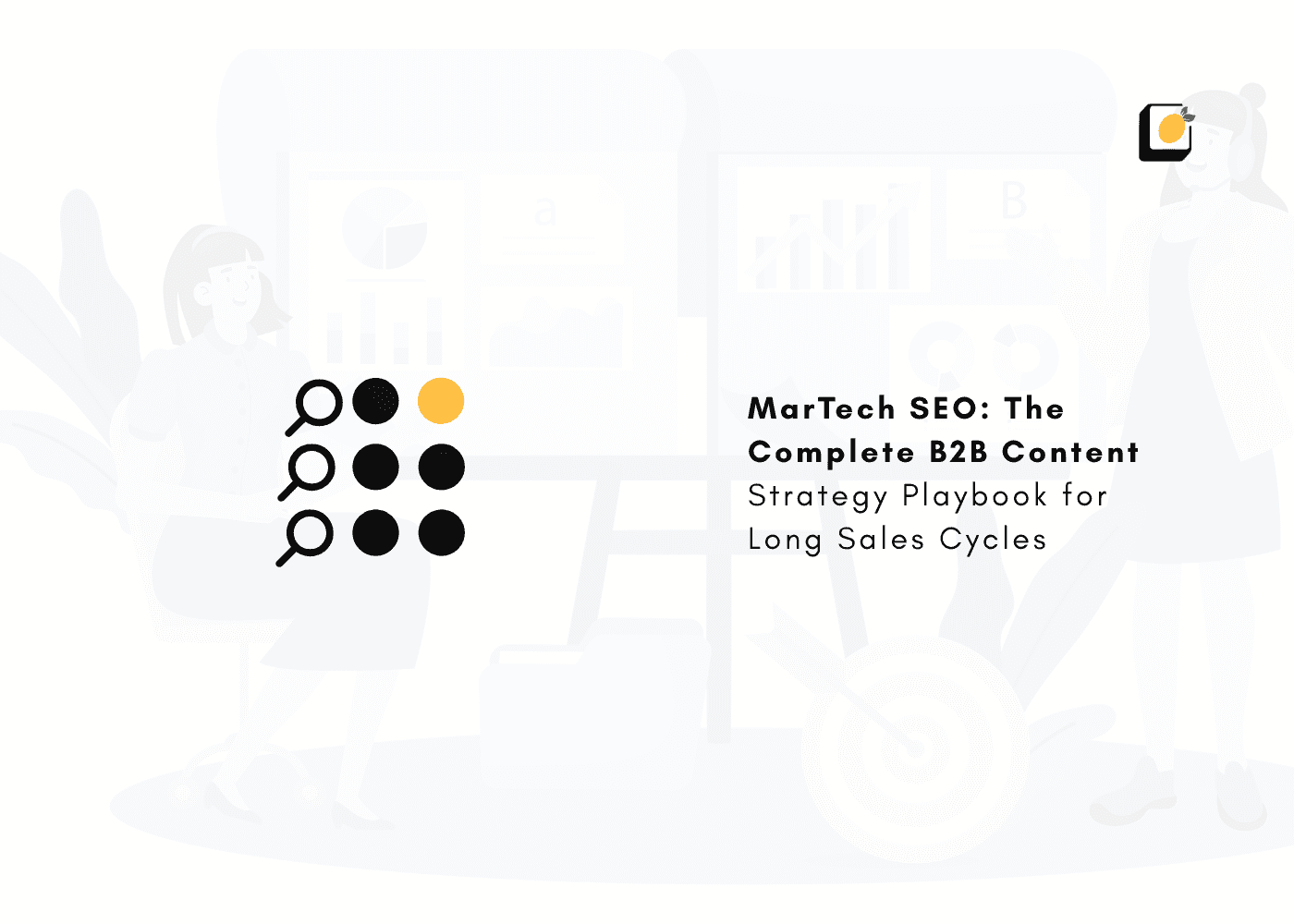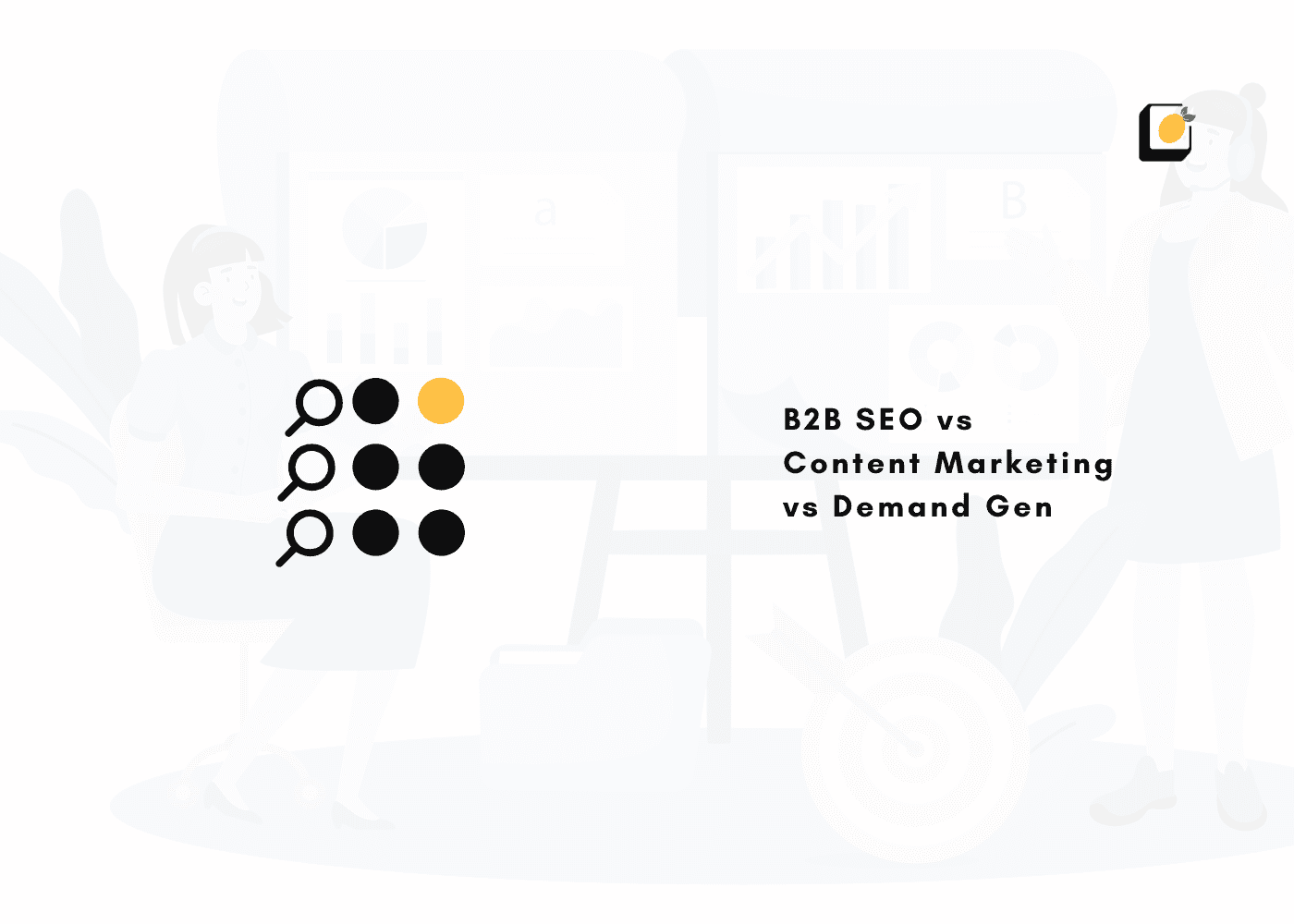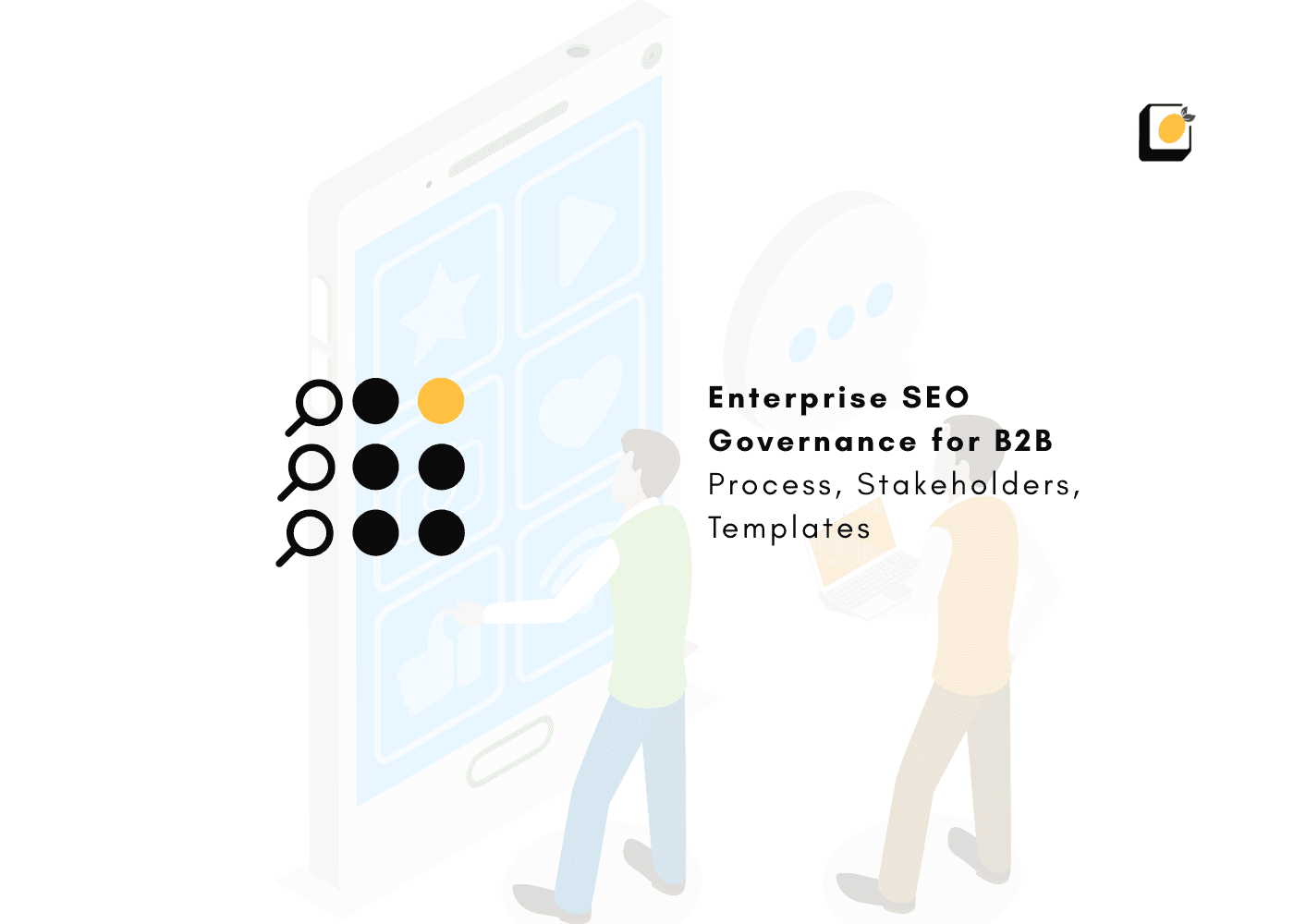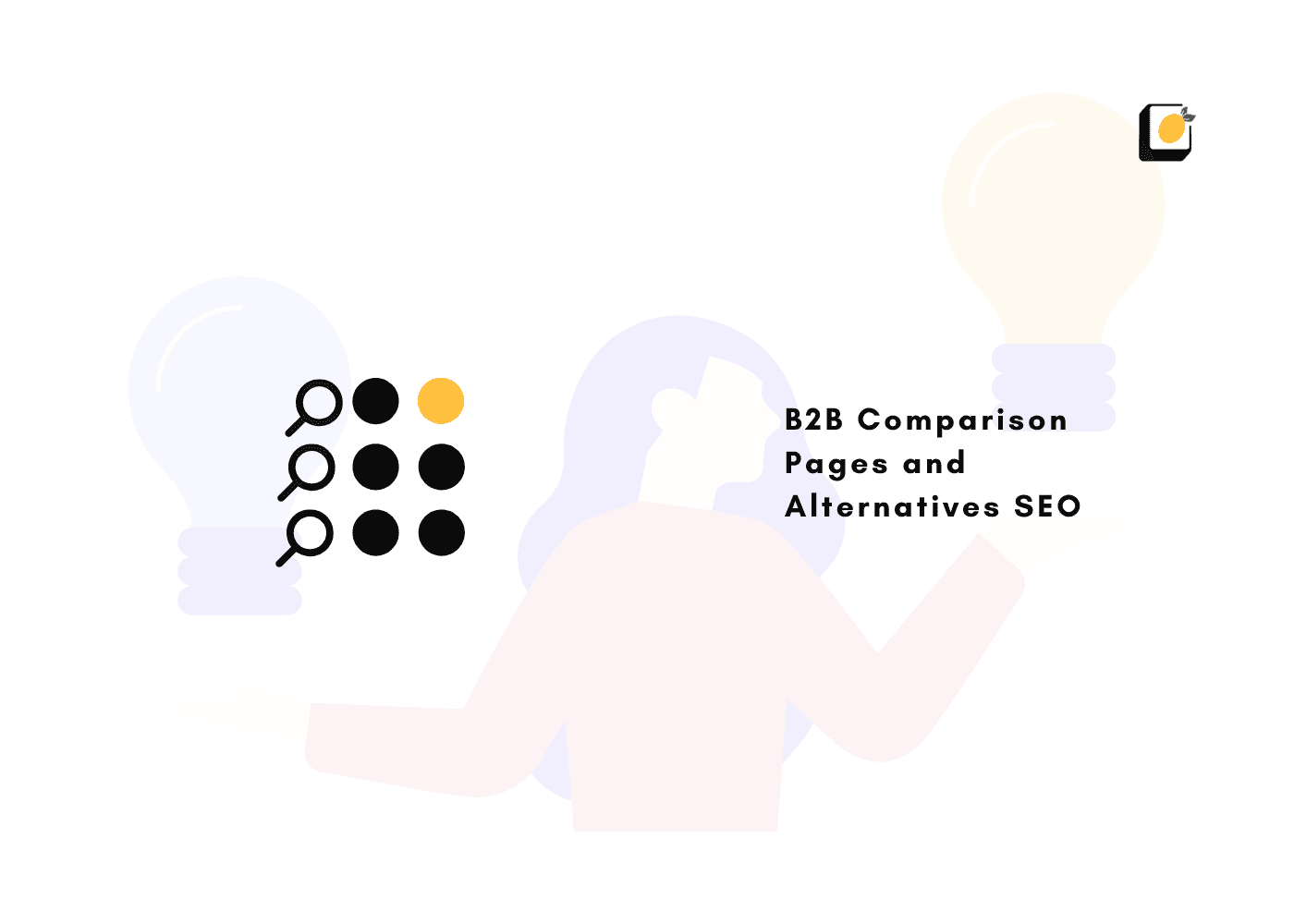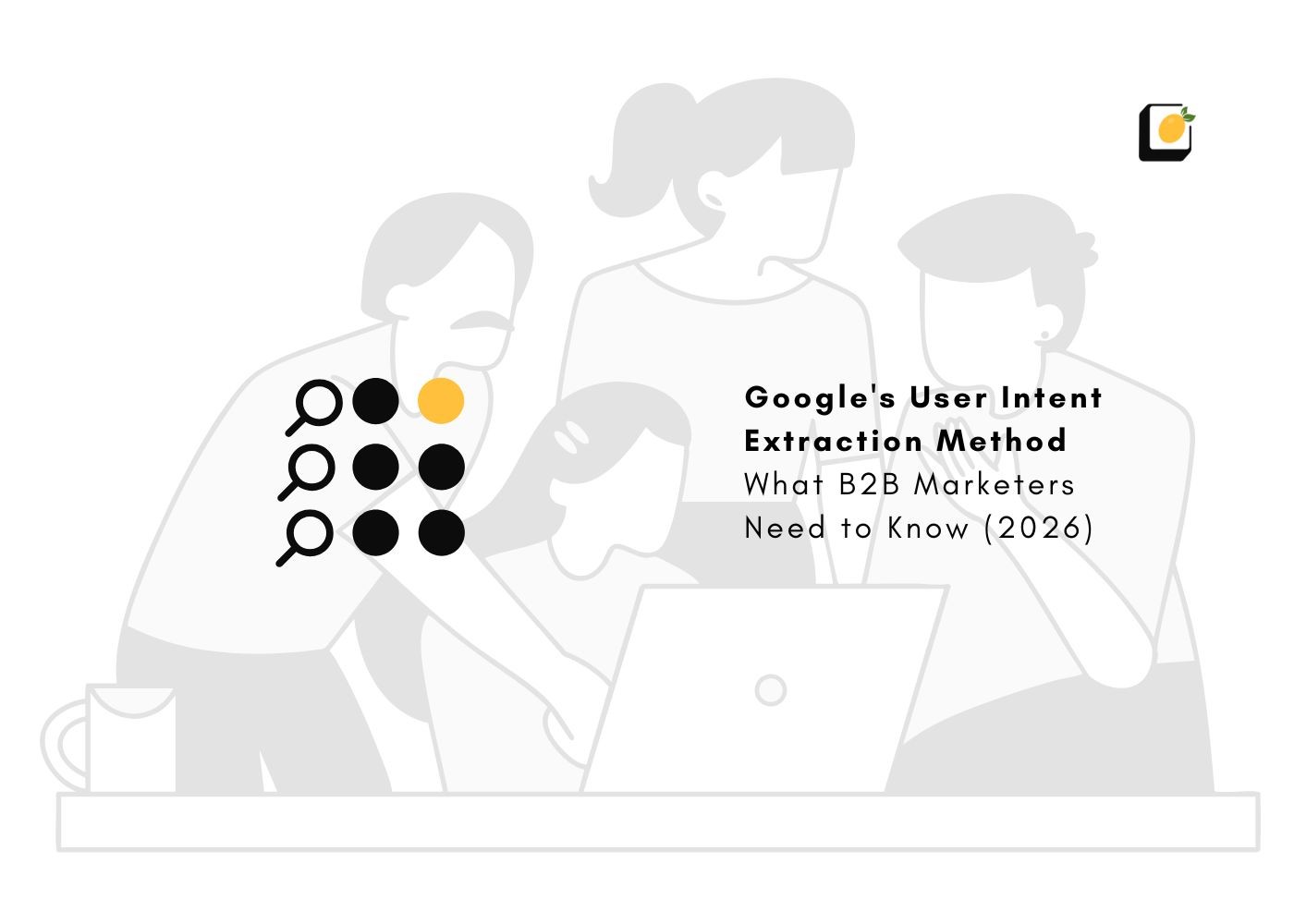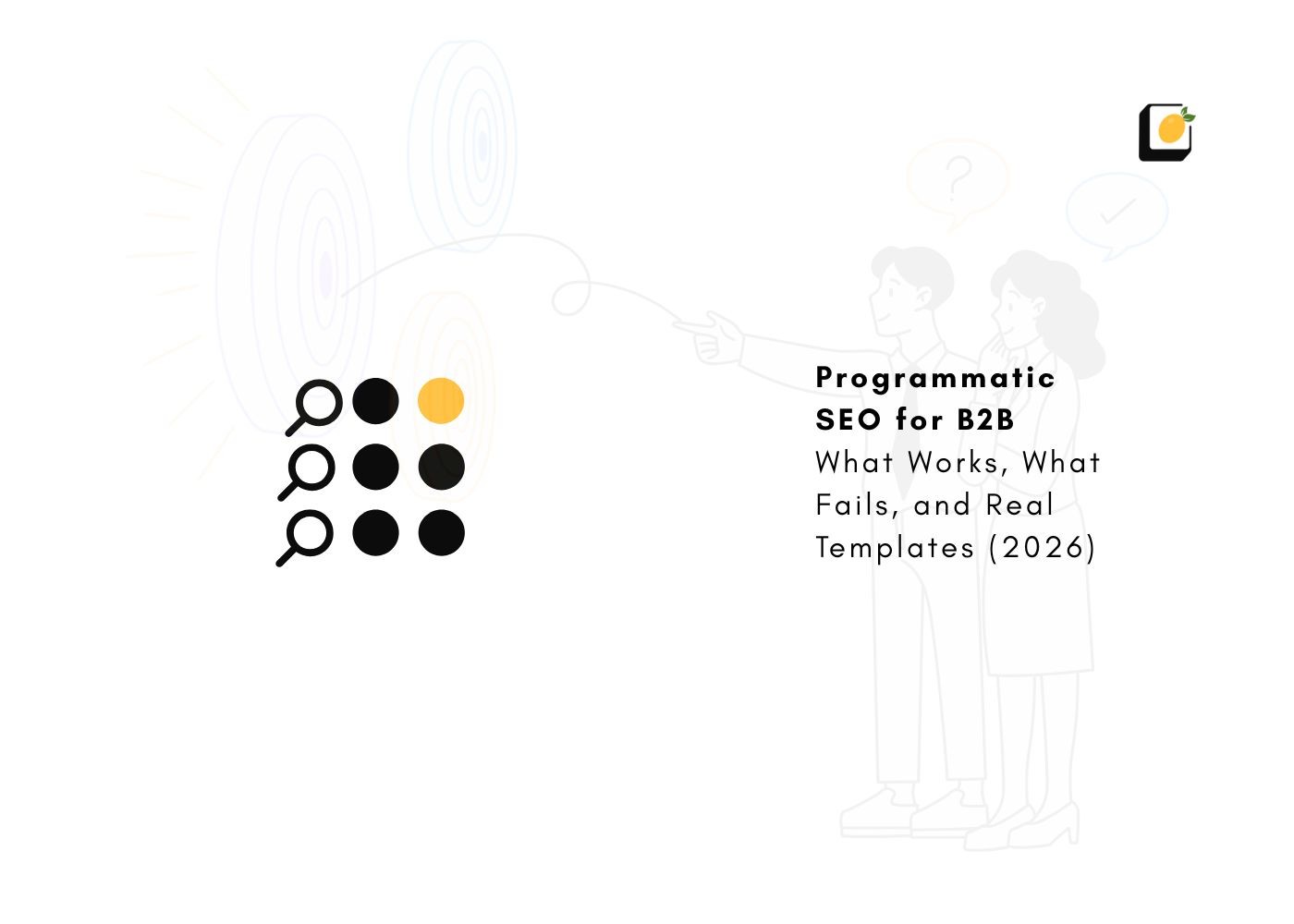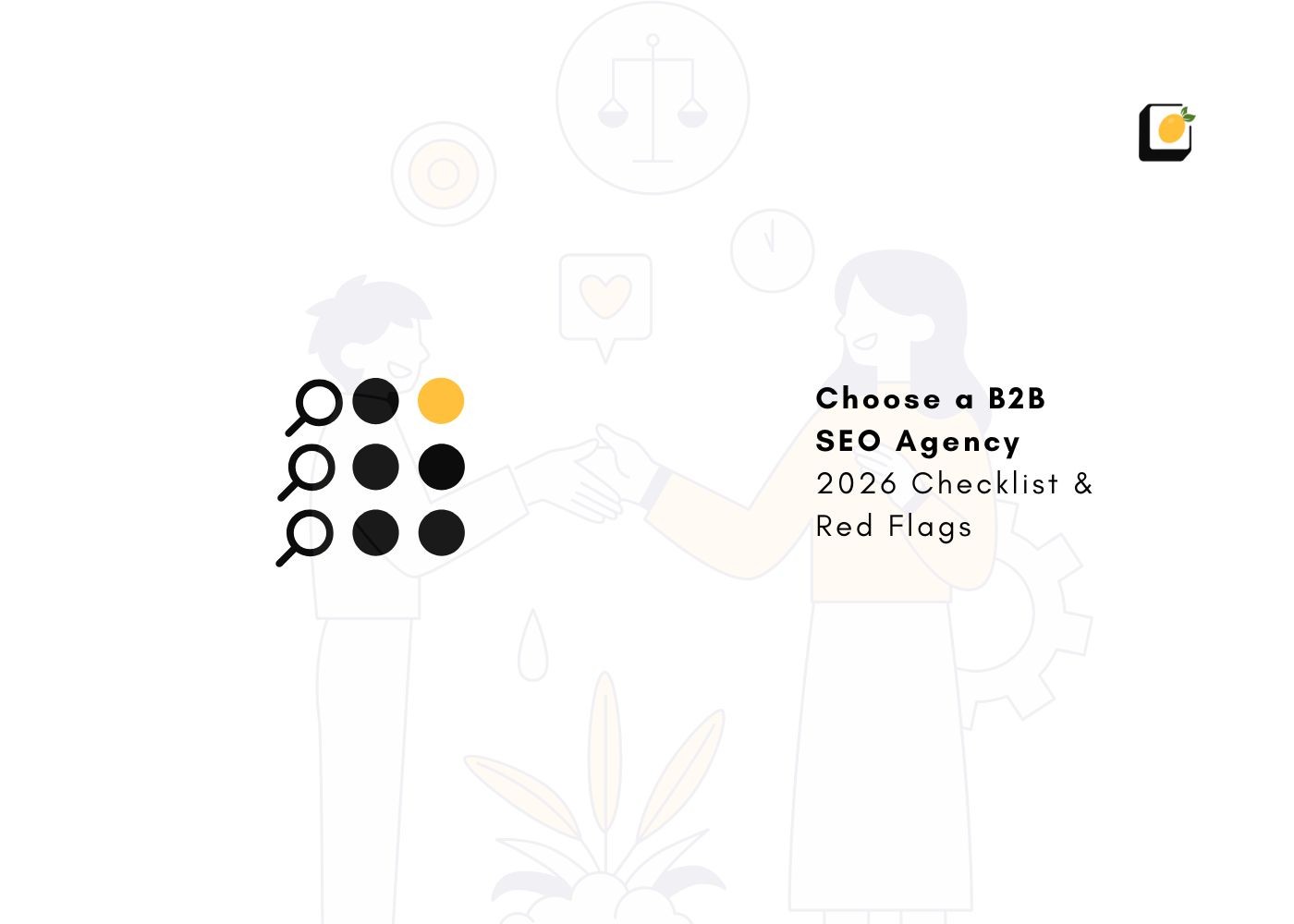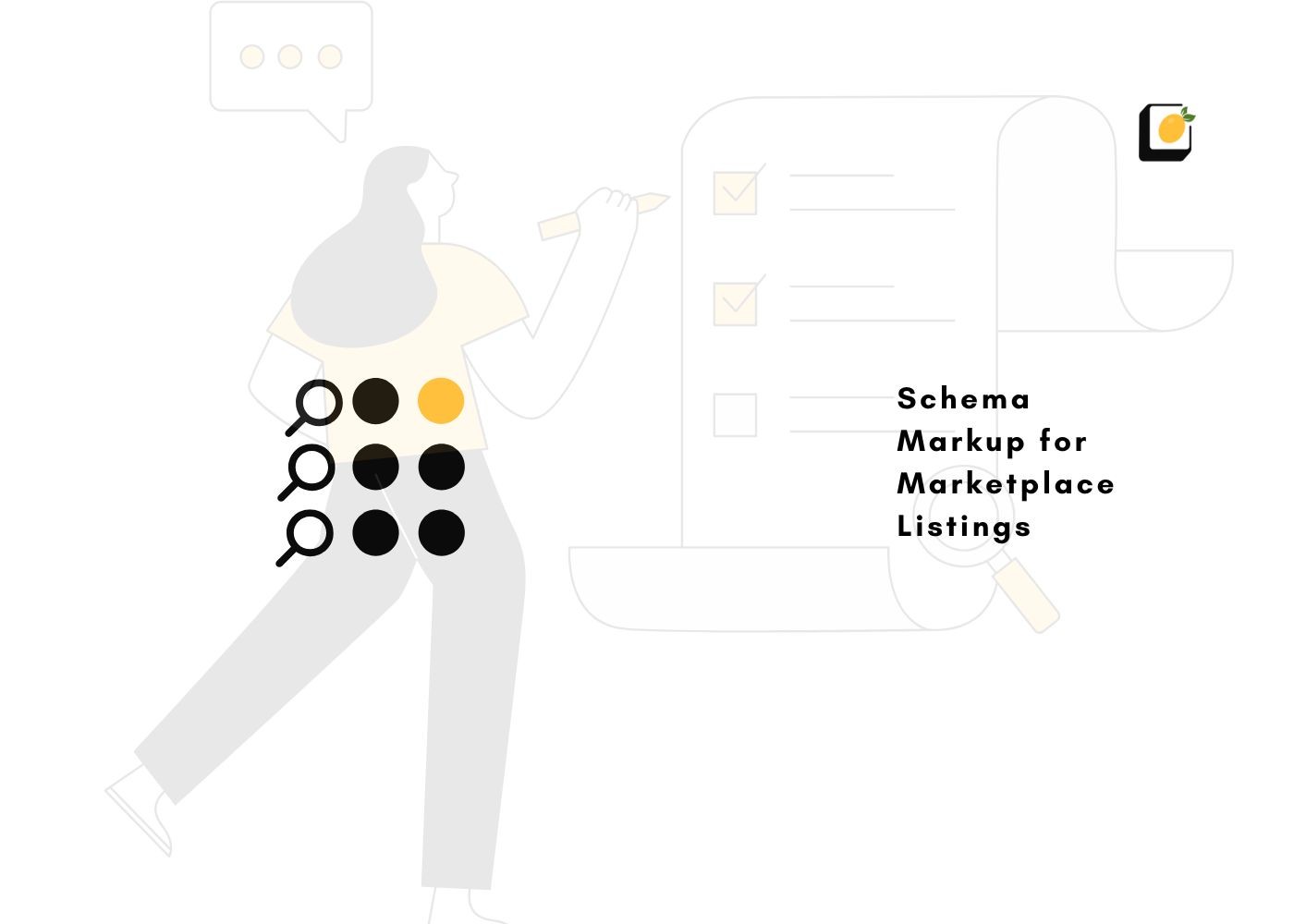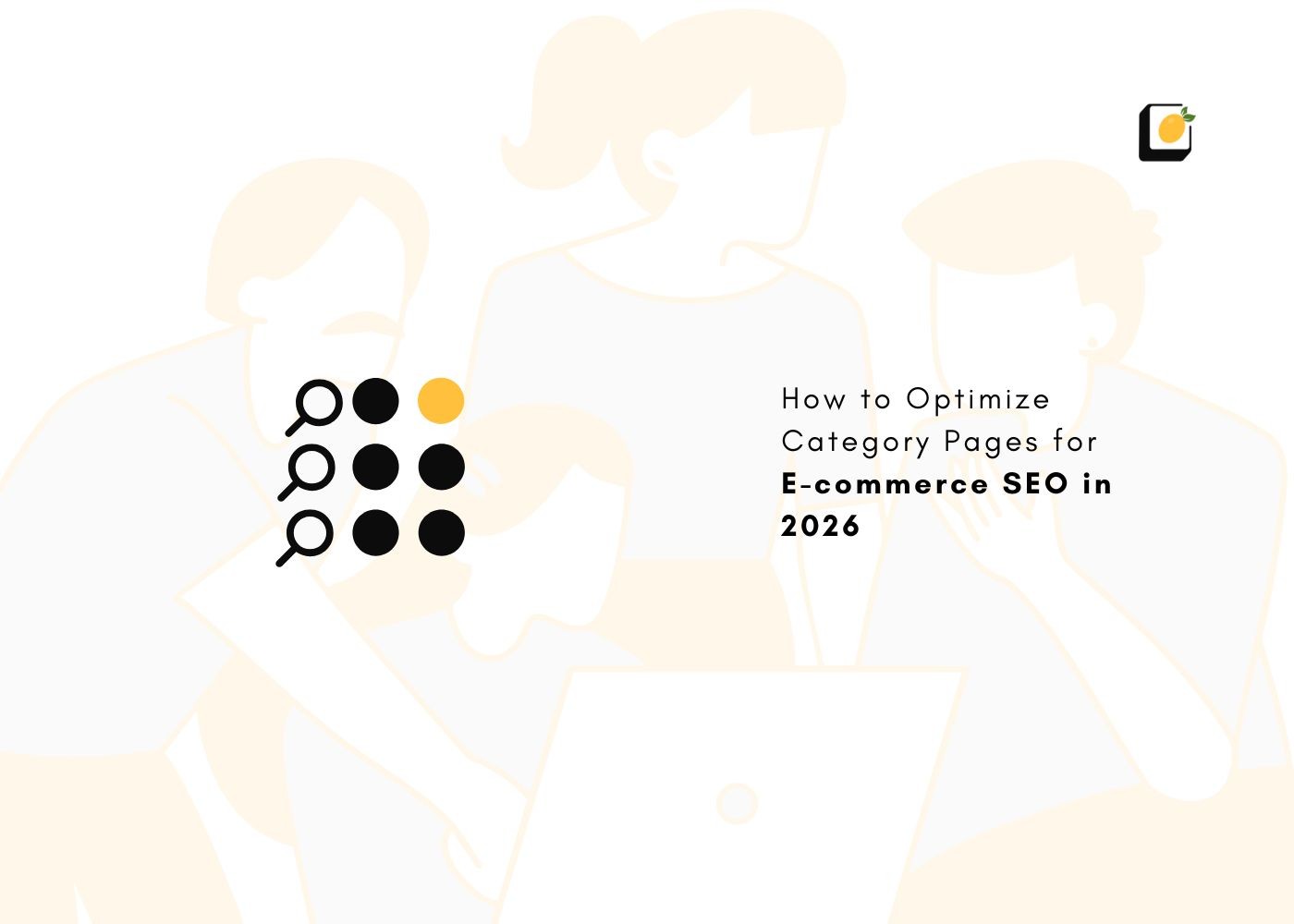How to 10x Your Brand Mentions in AI Search Results: The Science of Citation Optimization
July 28, 2025
Join 500+ brands growing with Passionfruit!
This guide is for marketers trying to figure out how to actually show up in AI search results, not with ads, not through paid placements, but as organic citations that drive brand credibility and traffic.
We’re talking about:
How to get your brand referenced in ChatGPT, Perplexity, Gemini, SGE, and future AI-powered search engines.
Why brand mentions now matter more than backlinks in this new context.
How to build content, structure, and partnerships that AI models like to reference consistently, across locations.
It’s built for CMOs, growth leads, and founders who want measurable ROI from AI visibility.
Why Do Brand Mentions Matter in AI Search?
Backlinks used to be everything. They still matter. But for generative AI, they’re not the star.
Brand mentions, not just links, are what AI engines look at when deciding whether to cite a brand. These mentions could be in blog content, roundups, reviews, forum threads, podcast transcripts, research datasets, or anything AI models are trained or fine-tuned on.
Why this shift?
AI engines care more about entity-level relevance than anchor text or link juice. That means:
Who’s being talked about
How often they’re referenced in specific topics
Whether the context around the mention is trustworthy
If you’ve been doing SEO without thinking about AI training data, now’s the time to adjust.
How Do AI Models Process Brand Citations?
AI search engines, like SGE or Perplexity, don’t crawl the web the way Googlebot does. They rely on clean content + structured data + context-rich signals to determine relevance.
Here’s what counts as a citation for AI:
Mention of your brand or product in written, crawlable content (no need for a hyperlink).
Surrounding language that confirms credibility (e.g., associated awards, customers, expertise).
Consistent repetition of your brand in similar topic clusters.
The AI connects co-occurrences across domains. You could be mentioned in 10 small publications across different regions and still rank higher than one mentioned in a top-tier outlet, if the context is clear and consistent.
What Type of Content Triggers AI Brand Mentions?
AI models don’t just scan for links or keywords. They latch onto patterns. If your brand shows up consistently in the right places, with the right context, you stand a higher chance of being cited in generative search outputs. To make that happen, two content types matter the most.
Structured Content
Structured content is about giving AI and search engines clean signals. Pages like your About section, author bios, and product listings should use schema tags like Organization, LocalBusiness, or Author. Linking these with verified profiles (using sameAs), like your Crunchbase, LinkedIn, or company wiki, helps AI models understand that all mentions are pointing to the same brand. This builds a stronger entity profile over time.
Context-Rich Content
This is where real traction happens. AI systems often train on blog posts, tutorials, comparisons, Q&A formats, and even transcripts. If your brand is being mentioned organically in deep-dive articles or real-user examples, it tends to stick. These citations are especially powerful when the mention aligns with the surrounding topic. The more your brand is associated with topic relevance, the more likely AI models are to reference you.
Add These Content Types to Your Stack
Focus on building long-form blogs that serve specific questions your audience is asking. Avoid writing for keywords. Write to clarify. Pages that answer niche questions with semantic clarity tend to do better in AI summaries. Also, testimonials written like use-cases or case studies are incredibly citation-friendly. They often show up in generative results even without heavy optimization.
Want help building content like this? Structured for AI and built for humans? Talk to Passionfruit’s SEO strategy team today.
How Do You Monitor Brand Sentiment in AI Outputs?
Let’s say your brand is getting mentioned in AI answers. Cool. But is it positive? Neutral? Slightly outdated?
You don’t want AI repeating a 2021 product review when you’ve completely rebranded.
Here’s how to check what AI says about you:
Open ChatGPT, Gemini, Claude, or Perplexity and ask open-ended questions your users might type (e.g., “Best time-tracking tool for remote teams”).
If your brand is mentioned, look at the language used.
Compare tone across tools. Is one summarizing you incorrectly? That’s a signal.
Tools to support this:
Perplexity Pro (for source-backed mentions)
ChatGPT Browsing + GPTs
Google’s AI Overviews (if rolled out in your region)
Brand24 or Meltwater for sentiment across external sources
When you catch outdated or inaccurate summaries, update the page content that likely seeded the model.
Is Structured SEO Still Relevant for AI Citation Optimization?
Yes. Structured data still works, but it works differently in AI-driven search.
You don’t just optimize for crawlers. You optimize for entity understanding.
Here’s what that means:
Use schema markup (
Organization,Product,FAQPage,Author,Review,LocalBusiness) wherever possible.Internally link your key pages with consistent anchor text and topics.
Include
sameAslinks to external verified profiles — LinkedIn, Twitter/X, Crunchbase.
AI engines reward brands that are consistent and verifiable across sources. Structured data helps with that.
If your entity graph isn’t clear, your brand gets skipped, no matter how good the blog is.
Need help mapping your schema for brand visibility? Let Passionfruit’s team show you what’s missing.
Where Do Partnerships and Influencers Fit In?
Citation optimization is not a solo game. AI models pick up brand mentions from trusted third-party content.
So when someone references your product in:
A roundup article
A “Top 5 tools” list
A podcast or YouTube video with a transcript
A peer-reviewed niche blog
That mention carries serious weight.
How to earn those:
Partner with industry writers, creators, and newsletters.
Pitch use-cases where your tool fits organically (don’t send cold PR junk).
Repurpose social proof into AI-friendly formats (case studies, structured FAQs).
Even better? Have influencers describe your product clearly and use your brand name. AI can’t parse a LinkedIn post with emojis and slang, but it can parse a clear testimonial embedded in a blog.
Can You Influence Mentions in Tools Like ChatGPT or Perplexity?
Yes, but indirectly.
LLMs are trained or fine-tuned on publicly accessible, high-quality content. If you want them to reference your brand:
Publish on domains they crawl (your own site, Medium, Substack, industry blogs)
Use headers and structured formatting that help chunk your content semantically
Make your brand description unmissable on About, Product, and FAQ pages
Also: build out profiles on Crunchbase, LinkedIn, and Google Business, and link those to your site using schema. This tightens your “entity graph”, which matters a lot in AI citation logic.
Conclusion
The AI web isn’t some separate universe. It’s already shaping what users see, trust, and click. If your brand isn’t showing up in AI citations now, the gap will only widen.
This is not a traffic hack. It’s a visibility strategy for how search is evolving.
Need help building an AI citation strategy? Get a free audit from Passionfruit.
Want to plug into structured GEO and content clusters that work? Explore our GEO SEO guide.
Ready to grow smarter, not noisier? Talk to us.
Let’s help your brand be part of the next generation of search.
Key Takeaways
AI engines care more about mentions than backlinks now.
Consistency across content, bios, and schema increases AI visibility.
Your content needs to “sound right” in AI summaries. Tone and positioning matter.
Schema markup and structured internal linking still do heavy lifting.
Third-party citations are the fastest way to get your name into AI training loops.
FAQs
Q: What’s a brand mention in AI search?
A: A brand mention happens when an AI engine like ChatGPT, Gemini, or Perplexity references your company or product in a response, even if it doesn’t include a backlink. These mentions play a critical role in shaping how AI models associate your brand with certain topics or industries. The more your name shows up in relevant contexts across trusted platforms, the more confidently AI engines cite you. These citations help build perceived authority, influence user trust, and improve your position in both traditional and generative SERPs.
Q: Are links still important?
A: They are, but the way they’re weighted is changing. Traditional SEO still values backlinks for authority building. But in AI search, especially with generative engines, mentions without links can be just as impactful. LLMs don’t rely solely on link structure. They prioritize frequency, consistency, and the quality of surrounding context. The ideal strategy combines both. You want your brand name to be mentioned consistently across authoritative platforms, with occasional high-quality links to reinforce credibility.
Q: How do I know if I’m being cited by AI?
A: The simplest method is manual testing. Ask ChatGPT, Gemini, or Perplexity questions that relate to your niche, using real user language. Look for answers that include your brand name, your product, or quotes from your site. You can also use tools like Feedly, Mention, and custom GPTs built to track citations. When your brand does show up, check the tone, placement, and factual accuracy. If the AI is pulling outdated or incorrect details, it’s a sign to update your content and refresh your entity footprint across the web.
Q: Does schema markup help with AI search?
A: Yes, and its value goes beyond regular search rankings. Schema markup creates a data layer that helps AI systems parse who you are, what you offer, and how to classify your content. When structured data is implemented properly, using JSON-LD format with correct schema types, it makes your pages more machine-readable. This helps LLMs understand context and associate your brand with specific queries. It’s especially powerful when paired with clear messaging, up-to-date bios, and consistent citations across platforms like Crunchbase, Google Business, or LinkedIn.
Q: How often should I update my brand pages?
A: A good rule of thumb is every 60 to 90 days, depending on how dynamic your business is. If you’ve launched new features, changed pricing, shifted your target audience, or undergone a rebrand, update your public-facing pages immediately. AI systems train on web snapshots, which means they may reflect outdated content if you’re not regularly refreshing your entity data.


